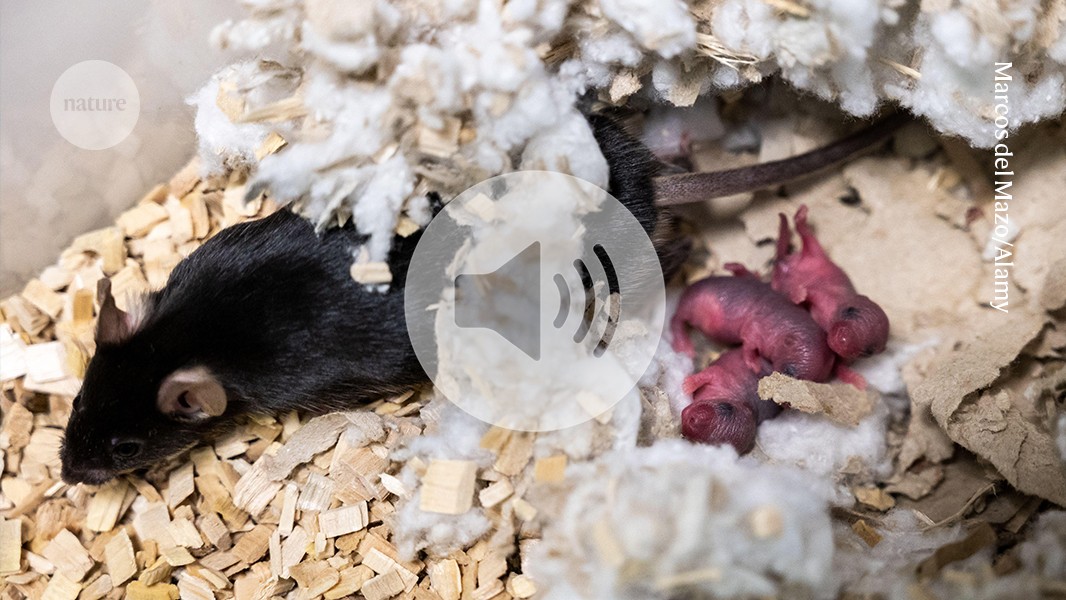
"Researchers have uncovered the neural mechanisms that underlie an aggressive behaviour in mice prompted by hunger and hormonal state. Virgin female mice can become aggressive towards mouse pups when they are food deprived, but it seems that the relevant amounts of pregnancy hormones, oestrogen and progesterone, also played a role. By investigating the neurons involved, neuroscientists showed how hunger and hormones are integrated by the brain to lead to aggressive behaviour."
"09:35 Research Highlights The overlooked environmental costs of wastewater treatment facilities - plus, an ancient communal hunting system that lasted well into the eighteenth century. Around the world, universities and students are scrambling to adapt to the use of generative AI tools such as ChatGPT. And although there is optimism that these tools could improve education, there are also concerns about the ways they could stifle independent, critical thought. We hear about the studies trying to unpick the potential impact of this new technology."
Neuroscientists identified neurons that integrate hunger signals and pregnancy hormones to drive pup-directed aggression in virgin female mice when food deprived. Oestrogen and progesterone levels modulate the behaviour, revealing how multiple internal stimuli combine to alter social actions. Studies highlighted overlooked environmental costs of wastewater treatment and documented an ancient communal hunting system lasting into the eighteenth century. Universities and students worldwide are adapting to generative AI tools such as ChatGPT, balancing potential educational benefits with concerns that such tools could stifle independent critical thinking. A blood test for Alzheimer's and proposals for new AI evaluation tests were also discussed.
#neural-mechanisms-of-aggression #hormonehunger-interaction #generative-ai-in-education #environmental-impacts
Read at Nature
Unable to calculate read time
Collection
[
|
...
]